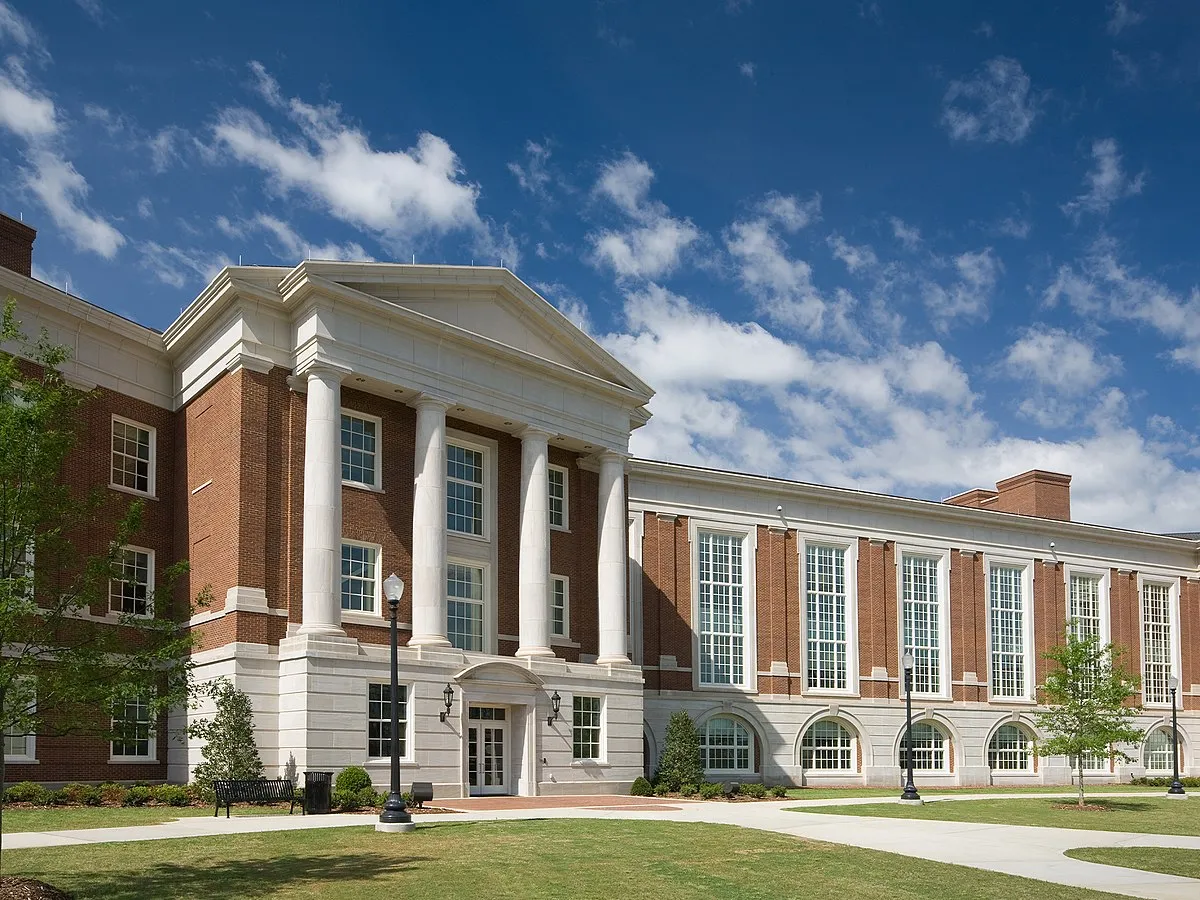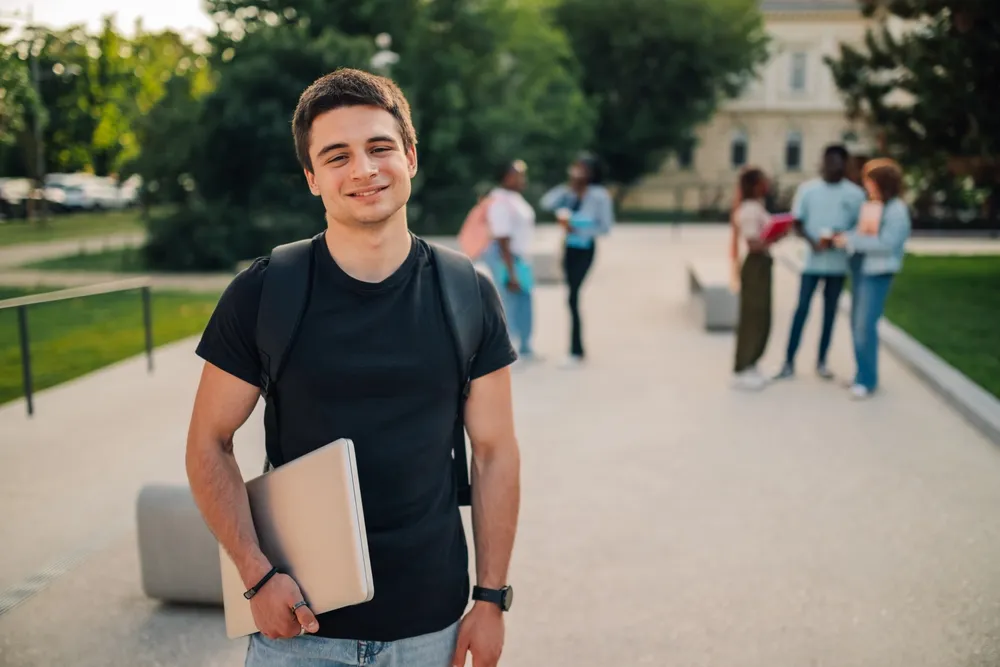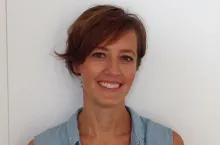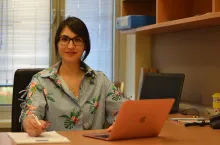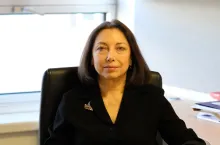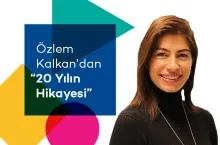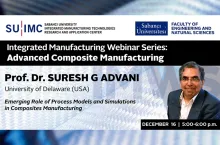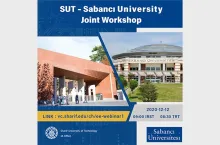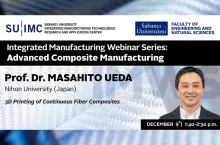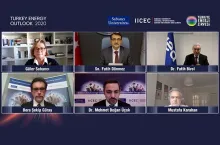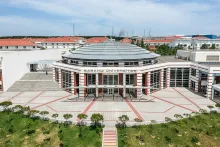2020-2021 Spring Term Applications to the Institute of Engineering and Natural Sciences
Graduate Programs
Graduate students will be accepted for the 2020-2021 Spring Semester leading to the M.Sc. and Ph.D. degrees in the following programs.
Detailed information on research areas including basic sciences can be obtained at http://fens.sabanciuniv.edu.
Academic inquiries should only be posted to contact names for each program given below; for administrative or procedure related questions please contact to Student Resources Office.
Phone: +90 (216) 483 9093, E-mail: studentinfo@sabanciuniv.edu
Molecular Biology, Genetics and Bioengineering
The program emphasizes the latest developments and technological innovations in this globally emerging field. Areas of specialization include molecular and cellular biology, bioinformatics, and plant biotechnology.
Academic Contact: Christopher Mayack
Phone: +90 (216) 568 7038
E-mail: christopher.mayack@sabanciuniv.edu
Computer Science and Engineering
Research areas; natural language processing, pattern recognition, formal methods, software engineering, cryptography and information security, network security, computer architectures, distributed systems, database systems, data mining, computer graphics and virtual reality, embedded systems, knowledge representation and reasoning.
Academic Contact: Reyyan Yeniterzi
Phone: +90 (216) 568 7041
E-mail: reyyan.yeniterzi@sabanciuniv.edu
Cyber Security
Research areas; computer network security, cryptography, blockchains, biometric systems, cryptographic engineering, wireless system security, data security, software security.
Academic Contact: Erdinç Öztürk
Phone: +90 (216) 483 9514
E-mail: erdinc.ozturk@sabanciuniv.edu
Data Science
Research areas; cloud computing, data mining, data privacy and security, data visualization, high performance computing, machine learning, optimization and decision making, statistics.
Academic Contact: Öznur Taştan Okan
Phone: +90 (216) 483 9883
E-mail: oznur.tastan@sabanciuniv.edu
Electronics Engineering
Research areas; wireless communication, wireless networks, sensor networks, signal, speech and image processing, computer vision, pattern recognition, data networks, RF, microwaves, antennas and propagation, RF MEMS and RF Circuit design, photonics and fiber optic telecommunication, high-speed electronic devices, microsensors and microelectromechanical systems, medical and industrial ultrasonic imaging, medical instrumentation, analog and digital VLSI design, ASIC and FPGA design, computer-aided design and testing.
Academic Contact: Murat Kaya Yapıcı
Phone: +90 (216) 483 9553
E-mail: mkyapici@sabanciuniv.edu
Energy Technologies and Management Master Program (With Thesis)
An interdisciplinary program with focus on the following research areas: renewable energy systems; energy systems modeling; vehicle electrification; green transportation; economic, environmental and policy implications in energy systems; technology design, analysis and optimization.
Academic Contact: Tuğçe Yüksel
Phone: +90 (216) 483 9987
E-mail: tyuksel@sabanciuniv.edu
Industrial Engineering
The program focuses on production and service systems, integrated manufacturing, supply chain management, logistics, joint inventory-pricing decisions, product development process, modeling and analysis of manufacturing processes and equipment, manufacturing and technology strategies, fuzzy systems, combinatorial optimization and operations research approaches to telecommunication and energy systems. Emphasis is given to close collaboration with the industry.
Academic Contact: Burak Kocuk
Phone: +90 (216) 568 7039
E-mail: burakkocuk@sabanciuniv.edu
Manufacturing Engineering
The Manufacturing Engineering program focuses on advanced manufacturing technologies. The research areas include manufacturing processes and equipment, computer-aided design and manufacturing, integrated manufacturing systems, additive manufacturing (3D printing), biomanufacturing, nano-micro manufacturing, composite and polymer manufacturing, and manufacturing and technology strategies with special emphasis on industrial applications.
Academic Contact: L.Taner Tunç
Phone: +90 (216) 300 1305
E-mail: taner.tunc@sabanciuniv.edu
Materials Science and Nano Engineering
The program focuses on the interrelationships between structure, properties, and processing of materials for advanced technological applications. Areas of ongoing research include semiconductors, synthetic and biological polymers, ceramics and composites at the nanometer scale, with particular emphasis on applications in nano-technology.
Academic Contact: Emre Erdem
Phone: +90 (216) ) 483 9881
E-mail: emre.erdem@sabanciuniv.edu
Mathematics
The program emphasizes the interaction between pure mathematics and its applications, including those leading to interdisciplinary work. The main areas of concentration are number theory and algebra with applications in coding theory and cryptography, analysis and applications.
Academic Contact: Nihat Gökhan Göğüş
Phone: +90 (216) 483 9615
E-mail: gokhan.gogus@sabanciuniv.edu
Mechatronics Engineering
Research areas; smart product design, multi-disciplinary design optimization, topology design optimization, metamaterials, microsystems, intelligent control systems, robotics, machine vision, haptics, computer aided engineering, renewable energy systems, embedded systems, process control, hydro-turbines, advanced seals, turbine blade reverse engineering. Two-phase flow, Boiling heat transfer, MEMS, Boiling instabilities in microsystems, Convective heat transfer, Critical Heat Flux, Microchannels, Cavitation, Micro- and Nanofluidics, Micro pin-fins, Cross flow, Electronics cooling, Miniaturization of heat sinks. Vibration analysis and control of engineering systems, vibration modeling of continuous systems, experimental modal analysis methods, dynamics of micromachining, design and fabrication of miniature medical devices.
Academic Contact: Kemalettin Erbatur
Telefon: +90 (216) 483 9585
E-posta: kemalettin.erbatur@sabanciuniv.edu
Physics
In condensed matter physics the main research areas are experimental and theoretical semiconductor physics, mesoscopic and nanoscopic physics, and superconductivity. In high energy astrophysics, X-, gamma ray and optical obervations of compact objects (neutron stars and black holes) and their environments are the main areas of interest. Other research fields are quantum information and high energy physics.
Academic Contact: Emrah Kalemci
Phone: +90 (216) 483 9614
E-posta: ekalemci@sabanciuniv.edu
For Admisson :
Admission Requirements and the Necessary Documents for Graduate School of Engineering and Natural Sciences
Applicants must have completed their previous degree programs by February 02, 2021.
Financial Support:
Financial support is available in the form of a monthly stipend and/or tuition waiver. Decisions on scholarship will be made by the Admissions Committee .
Deadline:
Applications must be submitted by December, 4th 2020. After initial screening, interviews will be scheduled for potential candidates during 14 – 21 December, 2020. Applicants will be informed by e-mail. It is highly recommended to check e-mails for candidates.
Applications:
For the Applications to Graduate Programs of Engineering and Natural Sciences, please click here.
Please contact studentinfo@sabanciuniv.edu if you have any questions regarding your graduate application.
Applications should be submitted via online application system only. Applications sent via e-mail cannot be evaluated.
We would like to remind you that if you get admitted, originals of all official documents required to be submitted during university registrations.


